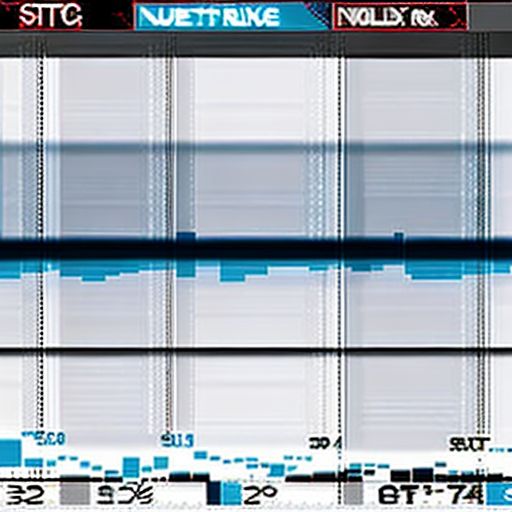Imagine this: you’re at a bustling stock market, and everyone’s buzzing about the latest investment opportunity – trading securities. But what are they exactly, and why should you care?
This comprehensive guide delves into the world of trading securities, demystifying their purpose, importance, and potential benefits for savvy investors like you.
Understanding Trading Securities
What Does Trading Securities Mean?
In simple terms, trading securities are financial instruments, like stocks and bonds, that a company purchases with the intention of selling them in the short term to generate profit. Unlike investments held for long-term growth, these securities are bought and sold quickly, often within the same year.
Key Characteristics of Trading Securities:
- Short-term Investment Horizon: The primary goal is to capitalize on short-term price fluctuations for quick profits.
- Readily Marketable: They are traded on active markets, ensuring easy buying and selling.
- Measured at Fair Value: Their value is regularly adjusted to reflect current market prices.
trading.disneyaz.com/wp-content/uploads/2024/07/stock-market-chart-669bb5.jpg" alt="Stock Market Chart" width="512" height="512">Stock Market Chart
The Importance of Trading Securities
Trading securities play a crucial role in financial markets by:
- Enhancing Market Liquidity: Their frequent trading contributes to a more dynamic and liquid market.
- Providing Investment Opportunities: They offer investors avenues for short-term capital appreciation.
- Facilitating Risk Management: Companies use them to hedge against potential losses from other investments.
FAQs About Trading Securities
What are some examples of trading securities?
Common examples include:
- Common Stock: Represents ownership in a publicly traded company.
- Preferred Stock: A type of stock that typically pays a fixed dividend.
- Bonds: Debt securities issued by corporations or governments.
- Exchange-Traded Funds (ETFs): Baskets of securities that trade on stock exchanges.
How are trading securities different from held-to-maturity securities?
While trading securities are held for short-term gains, held-to-maturity securities, like certain bonds, are held until their maturity date, focusing on long-term returns.
How do trading securities impact a company’s financial statements?
Changes in the fair value of trading securities are reflected in a company’s income statement, impacting its net income.
Conclusion
Understanding trading securities is crucial for anyone navigating the complexities of the financial world. By grasping their purpose, benefits, and associated risks, investors can make informed decisions and potentially capitalize on short-term market opportunities.
Do you have more questions about trading securities or other investment strategies? Share your thoughts in the comments below! We’d love to hear from you.
